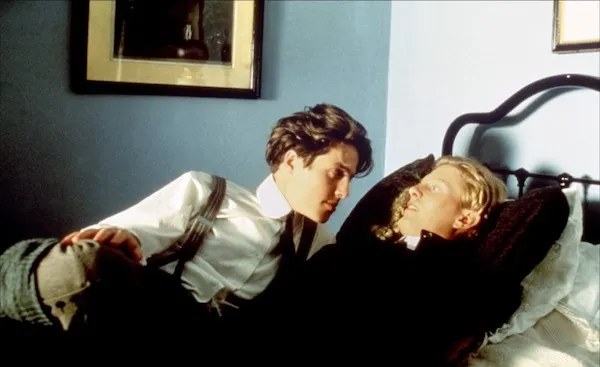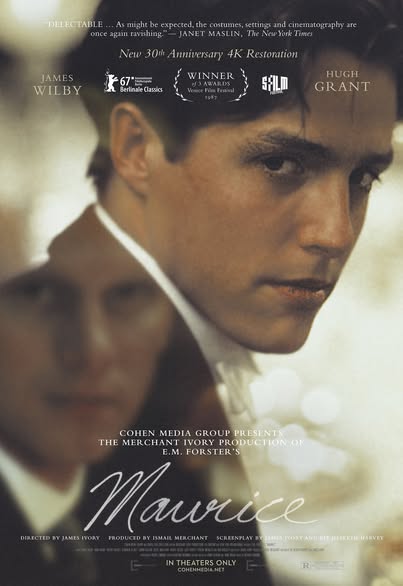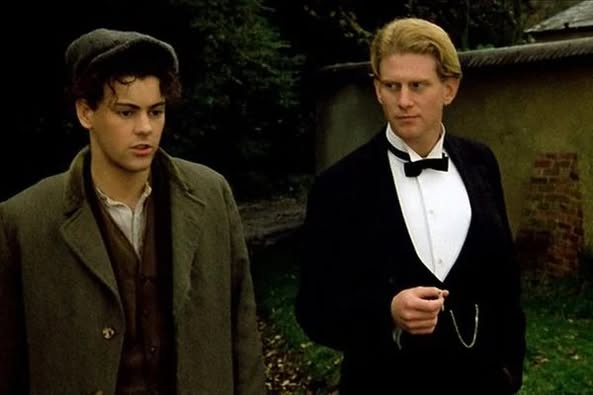Maurice (1987)

Maurice, directed by James Ivory and released in 1987, is a poignant and beautifully crafted film that explores themes of love, identity, and societal expectations in early 20th-century England. Based on E.M. Forster’s novel of the same name, the film offers a sensitive portrayal of same-sex love during a time when such relationships were stigmatized and illegal.
The narrative follows Maurice Hall, played by James Wilby, as he navigates his feelings in a repressive society. From his time at Cambridge University, where he meets Clive Durham, portrayed by Hugh Grant, the film delves into their intense friendship and the complexities of their emotional and romantic connection. While Clive becomes increasingly afraid of societal repercussions and ultimately chooses a conventional life, Maurice remains true to his feelings, leading him on a journey of self-discovery and acceptance.

The film is notable for its lush cinematography, capturing the beauty of the English countryside and the elegance of the period. The production design and costumes reflect the era’s aesthetic, immersing viewers in the world of the early 1900s. Ivory’s direction brings a gentle yet powerful touch to the story, allowing the emotional depth of the characters to resonate.

James Wilby delivers a compelling performance as Maurice, showcasing his character’s vulnerability and determination. Hugh Grant provides a nuanced portrayal of Clive, embodying the internal conflict faced by many individuals in a restrictive society. The supporting cast, including Rupert Graves as Alec Scudder, Maurice’s eventual love interest, adds richness to the narrative, highlighting different perspectives on love and societal expectations.
Maurice not only explores the personal struggles of its characters but also serves as a commentary on the broader societal norms of the time. The film addresses the consequences of repression and the longing for authentic connection, making it a resonant exploration of love in all its forms.

In summary, Maurice is a beautifully realized film that combines exquisite visuals with a deeply emotional narrative. It stands as a significant work in LGBTQ+ cinema, offering a heartfelt portrayal of love and the quest for acceptance in a world that often stifles individuality. The film’s timeless themes and masterful storytelling continue to resonate with audiences, making it a classic in romantic drama.











